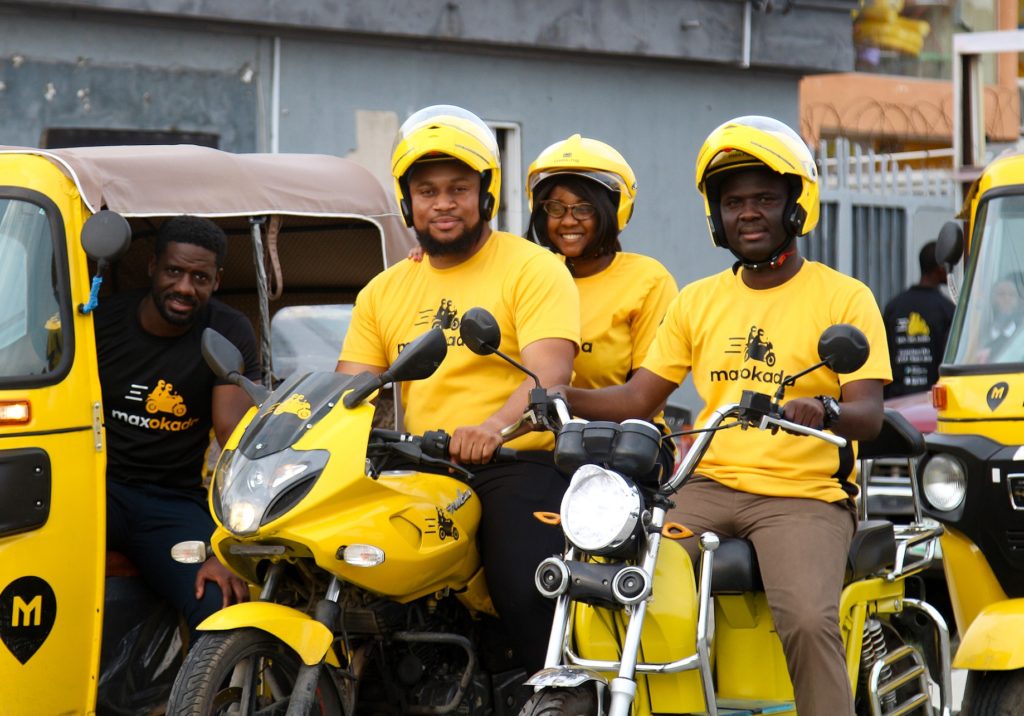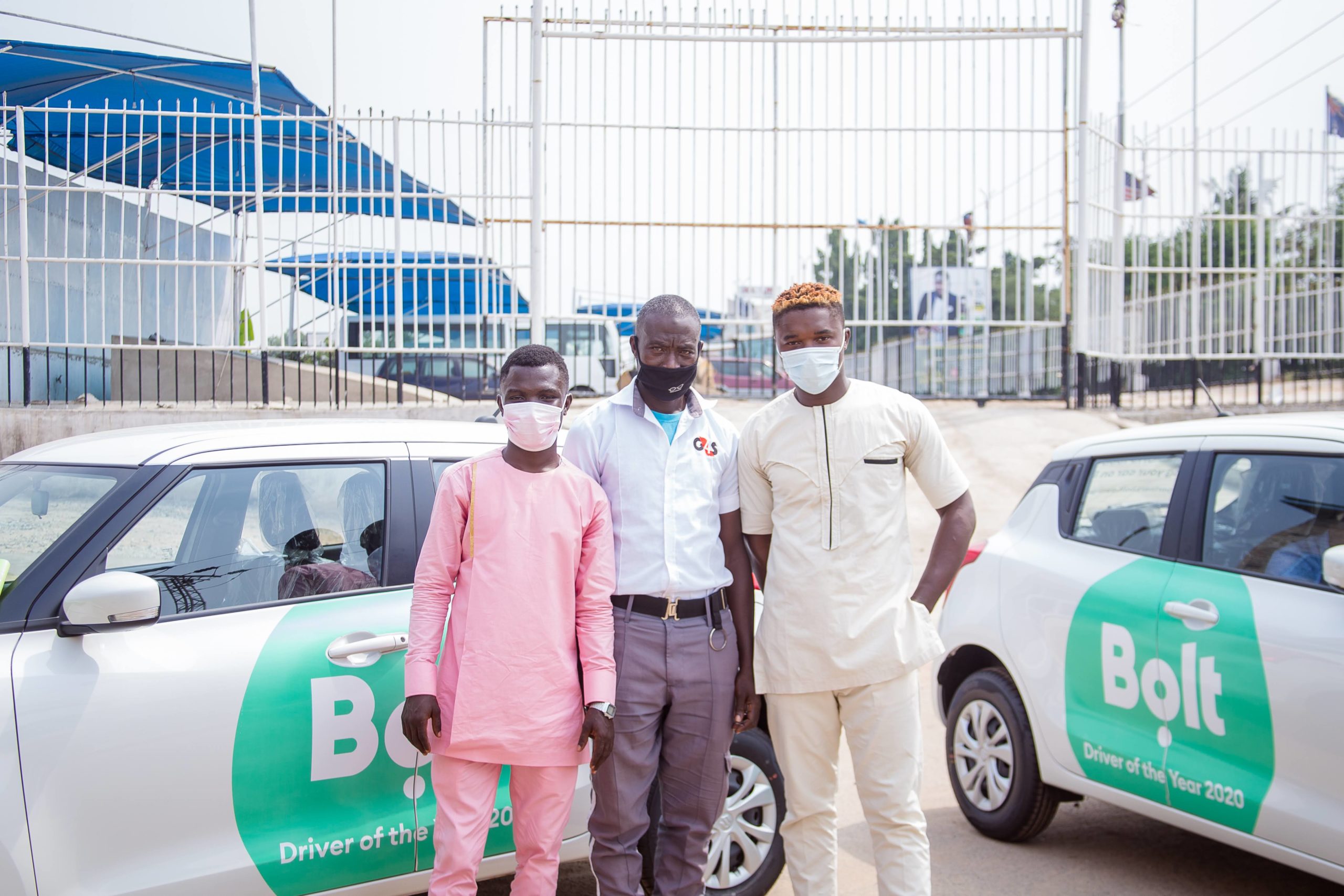In Nigeria, insufficient purchasing power among middle-class citizens, coupled with limited or no access to vehicle financing, puts car purchases out of reach for over 90% of the population. Also, most taxis and public transport buses in Nigerian cities are leased by drivers, who have to deliver rental fees to the owners periodically.
That means ride-hailing companies such as Uber and Bolt that launch in Nigeria are likely to face a shortage of driver-partners, especially if they’re looking to cover all of the country’s major cities.
Earlier this year, Bolt launched a vehicle financing programme that offered drivers a flexible plan through which they could purchase their own vehicles. The scheme allows drivers to own a car or motorbike with low equity repayment for about four years and no interest.
“As we expand our presence into more cities across the country, it is important to provide solutions that ensure working with Bolt is more flexible and profitable for drivers,” Bolt’s Country Manager, Femi Akin-Laguda, said at the time.
After a pilot phase, which Akin-Laguda tells TechCabal “enjoyed great success”, the company has now partnered with Metro Africa Xpress (MAX), a Nigerian mobility company with a fintech play, to expand the program in the country.
MAX originally started out as a motorcycle-based operator for delivery services. With its mobile app, users could order pickup riders who could fulfil deliveries quickly in the congested city of Lagos. By 2017, MAX had expanded into bike hailing, becoming the first company to pioneer the innovation in Nigeria. But in February 2020, the Lagos government’s restrictions on passenger motorcycles threatened the company’s growth in Nigeria’s largest city.
In an interview with TechCabal, MAX’s CFO, Guy-Bertrand Njoya, explains that the company has had to double down on its other mobility solutions since the ban. One of these is a subscription platform for low-to-zero emission vehicles in five cities across Nigeria, and Ghana. The subscription product includes credit and original equipment manufacturer (OEM) services, which the more than 13,000 drivers on its platform opt into.
For the partnership with Bolt, the company’s alternative credit-scoring technology will allow access to proprietary performance and revenue analytics to underwrite the Bolt car loans for drivers.
“MAX is a renowned vehicle subscription platform with the capacity to support a truly wide placement of this type of partnership,” Akin-Laguda said on Bolt’s preferred car financing partner in Nigeria. “Their approach and insight to meet our goal of empowering drivers suited our desired proposition.”

The car financing programme is currently open only to drivers in Lagos and Abuja, with Bolt planning to expand the offer to all active drivers across Nigeria.
According to Bolt, an agreement can be reached for up to 100% of the purchase, both for new and used cars, within 24 hours of signing up. This is given that drivers have provided all the information required. They can choose to pay back their loans using a percentage of the weekly revenue generated while driving on Bolt for up to five years.
“We’re looking to expand our commitment to helping those on the Bolt platform to earn more and at their own pace, either driving full-time or part-time,” Akin-Laguda said. “Improving the earnings of drivers is fundamental to our business operations.”
For drivers, Bolt’s loan repayment process is more flexible than what traditionally exists in the market. Loan tenors from Nigerian banks often don’t exceed two years whereas Bolt’s repayment duration ranges from two to five. In the long run, Yamaha-backed MAX plans to add electric vehicles to the financing mix.
In addition to extending the lease-to-own framework to more e-hailing drivers, the partnership is expected to enable drivers access value-add services provided by MAX. These include licenses and permits, insurance, health coverage, and other financial products.
The low rate of vehicle ownership in Nigeria is similar across Africa, a continent with the lowest per capita vehicle ownership in the world.
With the majority of Africa’s more than one billion population having limited or no access to vehicle financing, the continent recorded fewer than 900,000 new vehicle sales in 2019, compared to more than 17 million in the United States alone.
If you enjoyed reading this article, please share it in your WhatsApp groups and Telegram channels.















